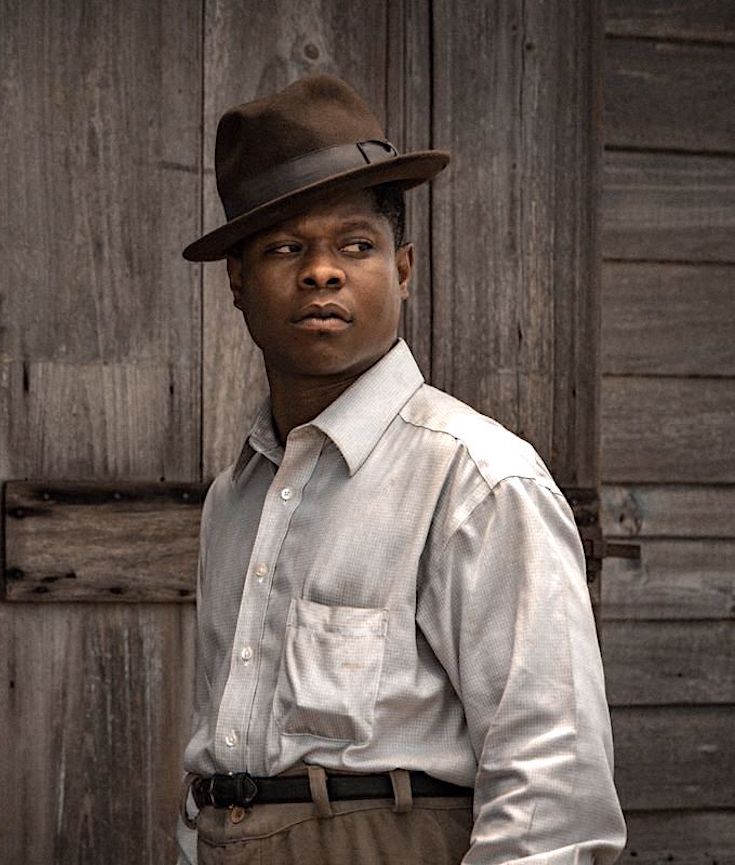[dropcap]Set[/dropcap] mainly in the Mississippi Delta in the years just after World War II, when Jim Crow was still enshrined in law and practice, the film, directed by Dee Rees, tests and complicates William Faulkner’s much-quoted claim about the not-even-pastness of the past. It’s a work of historical imagination that lands in the present with disquieting, illuminating force.
The particular corner of the past that Ms. Rees investigates is not entirely unfamiliar. The source of the screenplay for “Mudbound” (which the director wrote with Virgil Williams) is a novel by Hillary Jordan that counts Faulkner and Toni Morrison among its evident literary influences. On film, the racial history of the American South tends to be flattened into reassuring morality tales in which black lives matter less than white consciences. Ms. Jordan’s book occasionally wanders in the direction of this kind of soothing, redemptive storytelling — the white characters are split a bit too neatly into the righteous and the wicked, their black counterparts confined to salt-of-the-earth nobility — but the movie resists this tendency. Its people, members of two families knotted together by fate, hate and economics, are complicated. The wounds are raw. [mc4wp_form id=”6042″]

NATIONAL MUSEUM OF AFRICAN AMERICAN HISTORY & CULTURE | WASHINGTON, DC
The National Museum of African American History and Culture is the only national museum devoted exclusively to the documentation of African American life, history, and culture. It was established by Act of Congress in 2003, following decades of efforts to promote and highlight the contributions of African Americans. To date, the Museum has collected more than 36,000 artifacts and nearly 100,000 individuals have become charter members. The Museum opened to the public on September 24, 2016, as the 19th and newest museum of the Smithsonian Institution. (Website).


You must be logged in to post a comment.